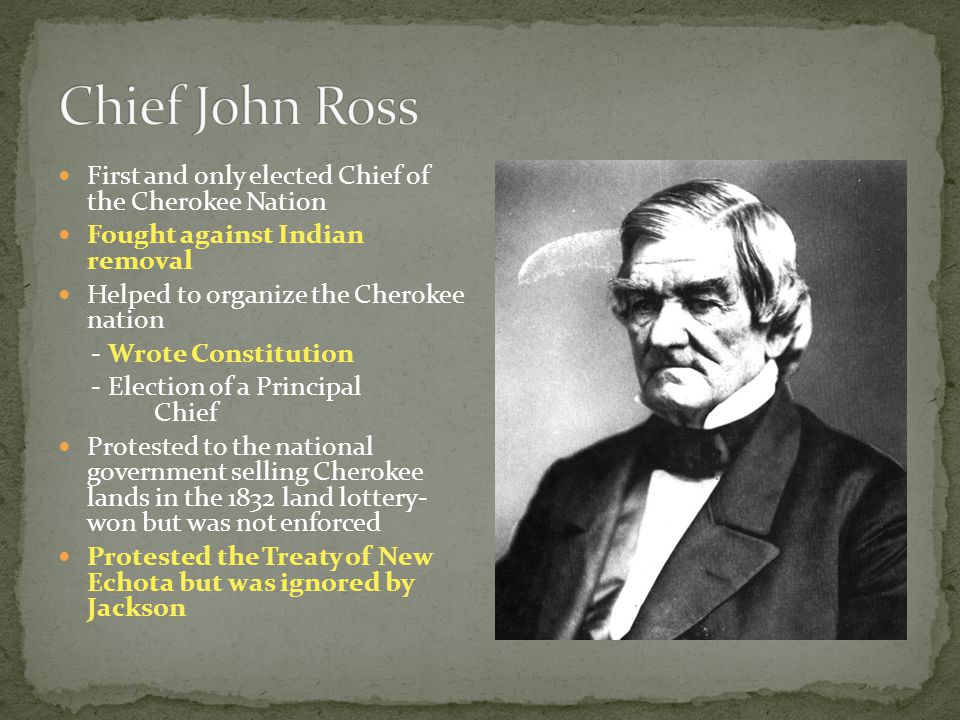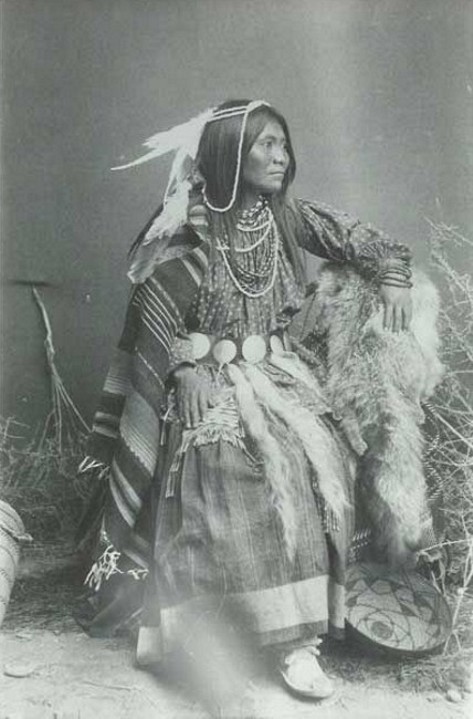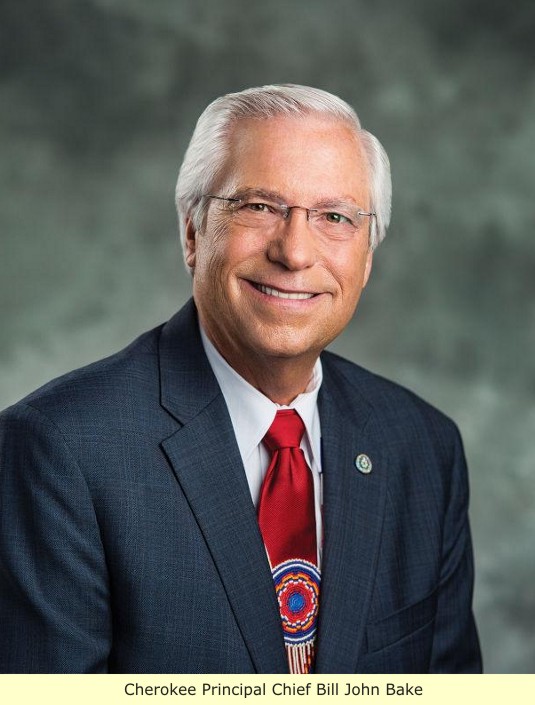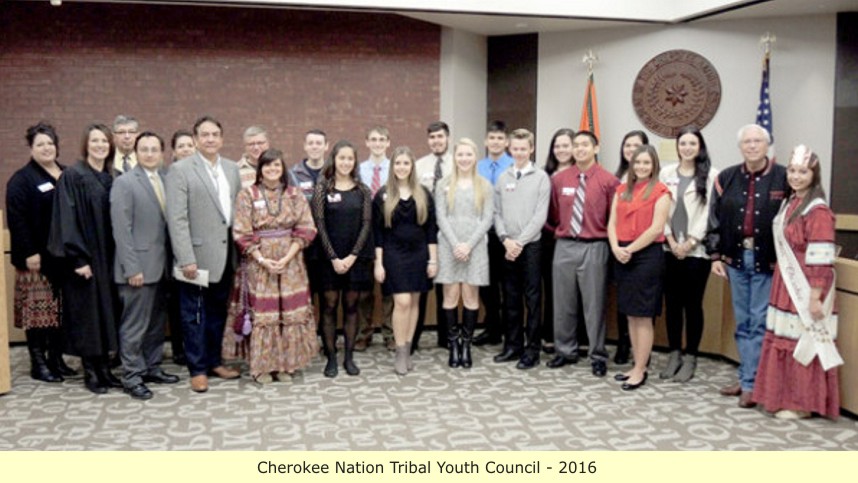You are using an out of date browser. It may not display this or other websites correctly.
You should upgrade or use an alternative browser.
You should upgrade or use an alternative browser.
The Cherokees were the largest holder of Africans as chattel slaves
- Thread starter m0rninggl0ry
- Start date
More options
Who Replied?IllmaticDelta
Veteran
"cherokee" slave owner


one of his influential descendants


Sometime back a letter sent to the editor Native American times by a thin blood member of the Cherokee Nation who bills herself as a story-teller and descendant of Cherokee chief John Ross. Her attack on Ms. Vann throughout her diatribe is neither unexpected, nor is it anything new. The letter could have been written during the 1960s in Alabama by any number of hood wearing denizens of the old South, all you have to do is replace Ms. Vann's name with that of Martin Luther King and the Cherokee Nation with Alabama and you have a repeat of history.
debunking



As the head of the largest branch of the Cherokee nation from 1828 to 1866, John Ross led the Cherokee through a period of profound cultural change. Under Ross's leadership, the Cherokee nation engaged in a historic and controversial legal battle to preserve their sovereignty and underwent a disastrous forced march from Georgia to Oklahoma.
Ross was born near Lookout Mountain, Tennessee, on October 3, 1790. Although he was only one-eighth Cherokee by blood, Cherokee cultural identity in the early 1800s was as much a matter of upbringing and choice as genetics, and Ross was raised and considered himself a Cherokee.
In 1809 at age nineteen, Ross was sent, at the behest of both U.S. officials and Cherokee leaders, to confer with the western Cherokee, who had accepted payments from the United States
in exchange for an agreement to relocate to Oklahoma. Ross's quiet and reserved manner inspired confidence among both whites and Indians, and his skill at easing the tensions with the western Cherokee greatly increased his influence within the Cherokee nation.
Ross served as President of the National Council of the Cherokee from 1819 to 1826 and became principal chief of the eastern Cherokee in 1828. He thought the Cherokee could benefit from adopting certain aspects of European-American culture. Accordingly, with the help of two other Cherokee leaders, Major Ridge and Charles Hicks, Ross convinced many Cherokee to convert from an economy based on hunting and the fur trade to one of agriculture. Some Cherokee adopted the Southern tradition of
slave-holding. By the 1830s many members of the Cherokee nation were among the wealthiest individuals in what is now north Georgia. Ross himself was a slaveholder with a two hundred–acre farm.
one of his influential descendants


Sometime back a letter sent to the editor Native American times by a thin blood member of the Cherokee Nation who bills herself as a story-teller and descendant of Cherokee chief John Ross. Her attack on Ms. Vann throughout her diatribe is neither unexpected, nor is it anything new. The letter could have been written during the 1960s in Alabama by any number of hood wearing denizens of the old South, all you have to do is replace Ms. Vann's name with that of Martin Luther King and the Cherokee Nation with Alabama and you have a repeat of history.
debunking
IllmaticDelta
Veteran
only 1% of the full blooded cherokee owned slaves...mixed bloods ran that game


Dafunkdoc_Unlimited
Theological Noncognitivist Since Birth
- Joined
- Jul 25, 2012
- Messages
- 45,062
- Reputation
- 8,045
- Daps
- 122,405
- Reppin
- The Wrong Side of the Tracks
4,600 out of 3 - 4 million ain't really that big a deal, IMO.
I can take solace in the fact that the Cherokee were pretty much exterminated, but the fact remains that they didn't do much against our people for me to hold them in disdain and perpetual contempt like I do for Caucasians of European descent who believe they belong to the 'White' race.
I can take solace in the fact that the Cherokee were pretty much exterminated, but the fact remains that they didn't do much against our people for me to hold them in disdain and perpetual contempt like I do for Caucasians of European descent who believe they belong to the 'White' race.







 At this being shocking
At this being shocking